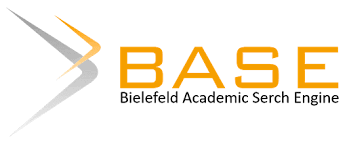KEGIATAN PENGABDIAN PEMBUATAN FILM LONTAR PRASI UNTUK PELESTARIAN KEARIFAN BUDAYA LOKAL DI DESA TENGANAN PAGRINGSINGAN
DOI:
https://doi.org/10.59819/sewagati.v2i2.3317Keywords:
film dokumenter, budaya lokal, Desa Tenganan Pagringsingan, Lontar PrasiAbstract
Lontar Prasi is an art that has grown and developed in Tenganan Pagringsingan Village in Karangasem, Bali since the time of our ancestors. Advances in digital technology in the current era are increasingly distancing this art from the younger generation. Other factors such as complicated prasi making, materials that seem ancient and primitive, wayang stories that are difficult to understand, text and illustrations that are less attractive, and their rare existence make it increasingly difficult for the younger generation and the public to get to know Prasi. By utilizing advances in digital technology to maintain the existence of Prasi, the film Lontar Prasi was made. The process of creating the Lontar Prasi film went through 3 stages, namely pre-production, production, and post-production. Evaluation of films is carried out by distributing questionnaires to content experts, media experts, and the public. The evaluation results of the Lontar Prasi film show that the content is quite good and worthy of publication as information media. With the Lontar Prasi documentary film Tenganan Pagringsingan Village, it is hoped that the community, especially the younger generation, will receive information and participate in preserving Balinese culture.
Downloads
Downloads
Published
Issue
Section
License
Authors who publish with the Jurnal Sewagti agree to the following terms:
1. Authors retain copyright and grant the journal the right of first publication with the work simultaneously licensed under a Creative Commons Attribution License (CC BY-SA 4.0) that allows others to share the work with an acknowledgment of the work's authorship and initial publication in this journal.
2. Authors are able to enter into separate, additional contractual arrangements for the non-exclusive distribution of the journal's published version of the work (e.g., post it to an institutional repository or publish it in a book), with an acknowledgment of its initial publication in this journal.
3. Authors are permitted and encouraged to post their work online (e.g., in institutional repositories or on their website) prior to and during the submission process, as it can lead to productive exchanges, as well as earlier and greater citation of published work. (See The Effect of Open Access) .




















